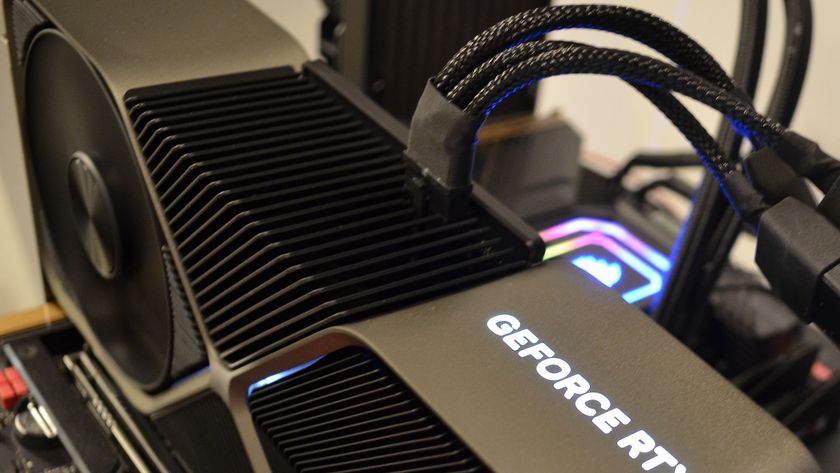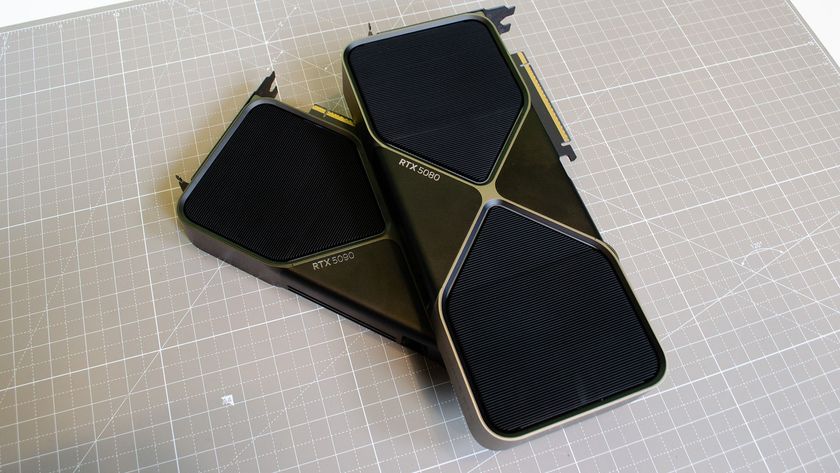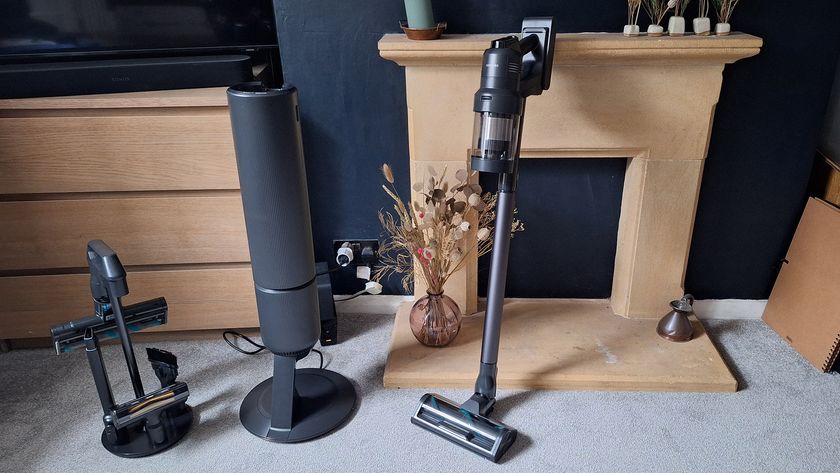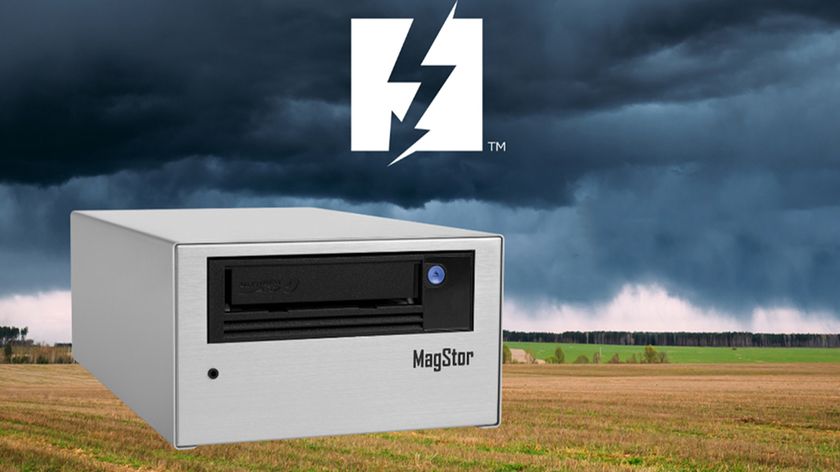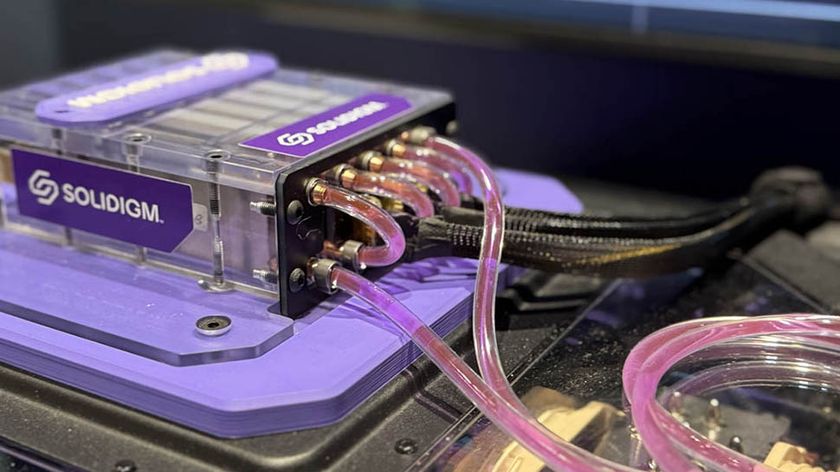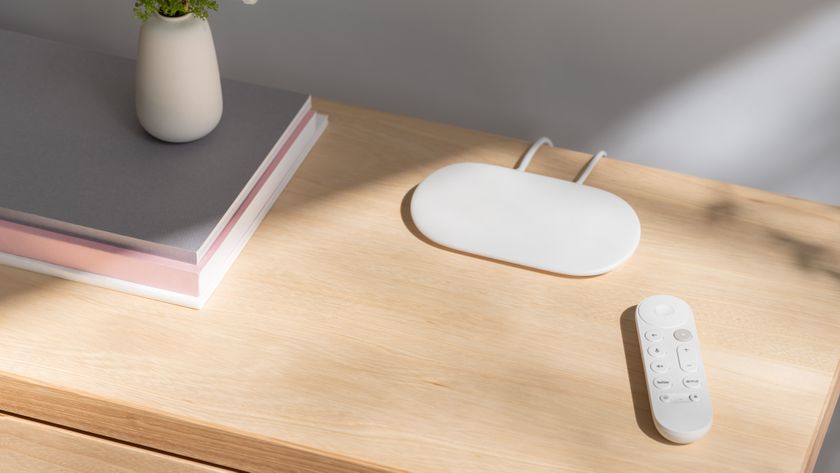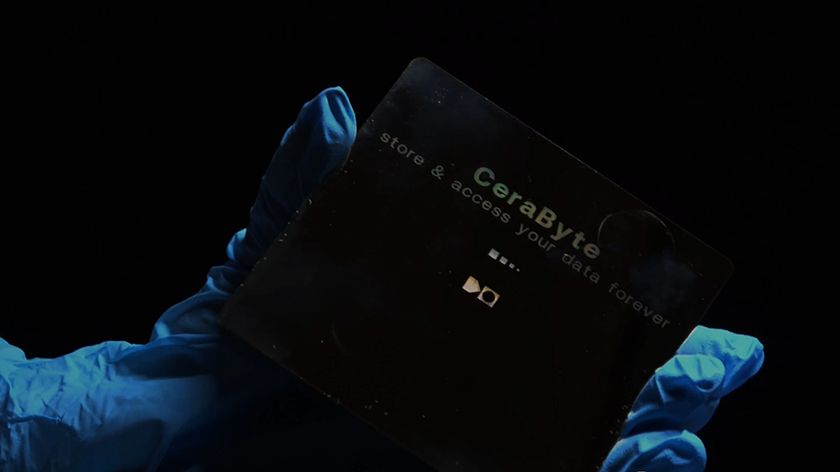GPUs are back on the shelves – is the shortage finally over?
Nature is healing
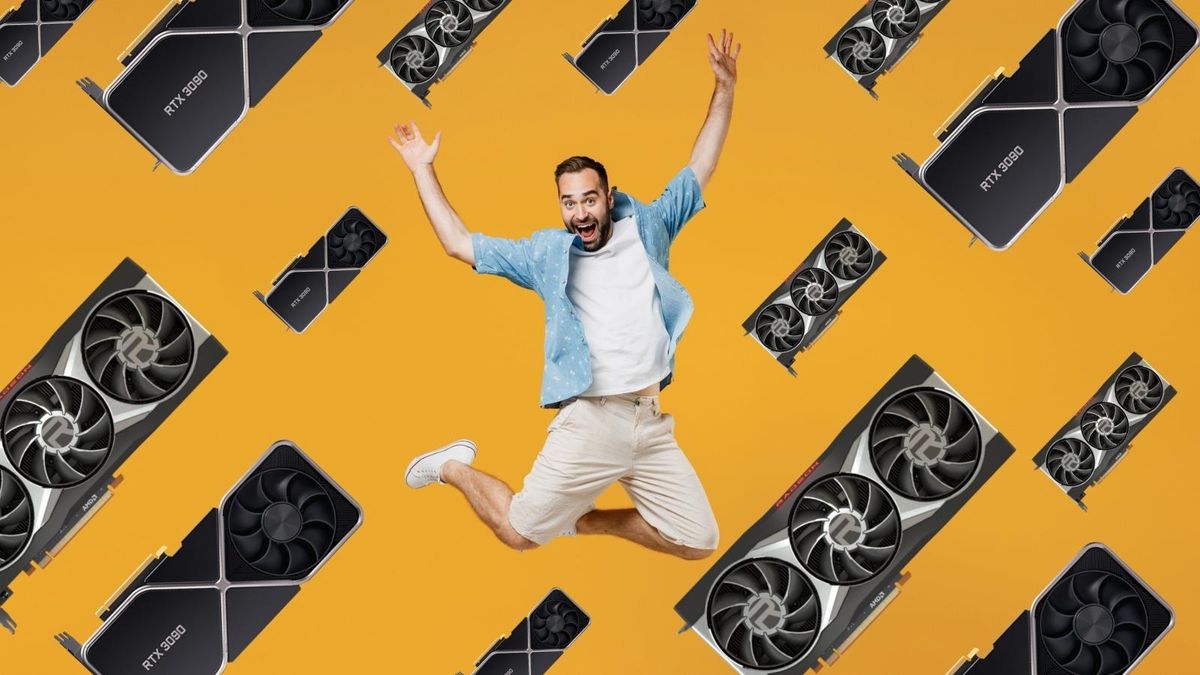
Reddit users are starting to report that graphics card availability has increased over the last few weeks, posting images and videos taken from stores that are displaying plentiful stock of popular GPUs.
It's a far cry from this time last year, when the best graphics cards were being snapped up online en mass by bots, and people had to queue around several blocks if they wanted to try and purchase a card from a brick and mortar store.
we_are_emerging_from_dark_age from r/pcmasterrace
Most of the images appear to be taken at various Micro Center stores across the US, so it's also worth noting that while this is good news for those who live in the States, it's not an accurate representation of the global market, with some users noting that other regions such as Eastern Europe are still facing shortages.
micro_center_stock from r/pcmasterrace
There is another positive to come from this though – while almost every GPU is still listed at a price over its MSRP, availability was one of the forces driving these price increases in the first place.
With stock now so readily available, it's not impossible that the current generation of cards from the AMD RDNA 2 and Nvidia Ampere family could be available at the price they were supposed to be selling for at launch... albeit by the time that the next GPU generation launches.
i_forgot_to_record_the_shelf_with_the_3050_3060 from r/pcmasterrace
We're already seeing prices start to plummet too, so while you might find cards like the Nvidia GeForce RTX 3070 are still more expensive than they should be, they're becoming more affordable with each passing month. That said, there's no guarantee that we will see current GPUs completely drop to their MSRP given inflation and various other market conditions that have appeared over the last two years.
Waiting a little while longer may still drop the prices though, so we're certainly in a much better place than we were last year. If you've been waiting for the GeForce RTX 3080 or Radeon RX 6800XT to fall to a reasonable price, now is your chance to snap one up.
Analysis: Why is the GPU market improving?
There's no singular reason that we're seeing these improvements, rather, a mix of various changes have collectively helped to boost availability, and reduce demand in areas outside of PC gaming and building enthusiasts.
Get daily insight, inspiration and deals in your inbox
Sign up for breaking news, reviews, opinion, top tech deals, and more.
Mining Ethereum using commercial cards is no longer as viable as it was now that the cryptocurrency has moved to proof-of-stake, chip production has been steadily recovering to meet demands and we're about to see more competition hit the market with the Intel Arc Alchemist desktop graphics card, introducing team blue to the current duopoly of AMD and Nvidia.
It's unlikely that Intel's offerings can go toe-to-toe with the heavy hitters such as the AMD Radeon RX 6900 XT or the GeForce RTX 3090 Ti, but it could bring more affordable cards to consumers who don't need that much power. This makes for a great first GPU, especially if you're planning to run low-demand games and applications.
Many major manufacturers all predicted that the GPU market should see some huge improvement by at least 2023, and the current data we're seeing does appear to back this up. If you're waiting for prices to drop further than there's a good chance they will, but it's unlikely we will see any of the flagship cards fall under MSRP, and cheap GPUs may even be a thing of the past entirely. For now at least, there's hope for those who have been waiting for two years to upgrade their system or build their first PC.
Jess is a former TechRadar Computing writer, where she covered all aspects of Mac and PC hardware, including PC gaming and peripherals. She has been interviewed as an industry expert for the BBC, and while her educational background was in prosthetics and model-making, her true love is in tech and she has built numerous desktop computers over the last 10 years for gaming and content creation. Jess is now a journalist at The Verge.

